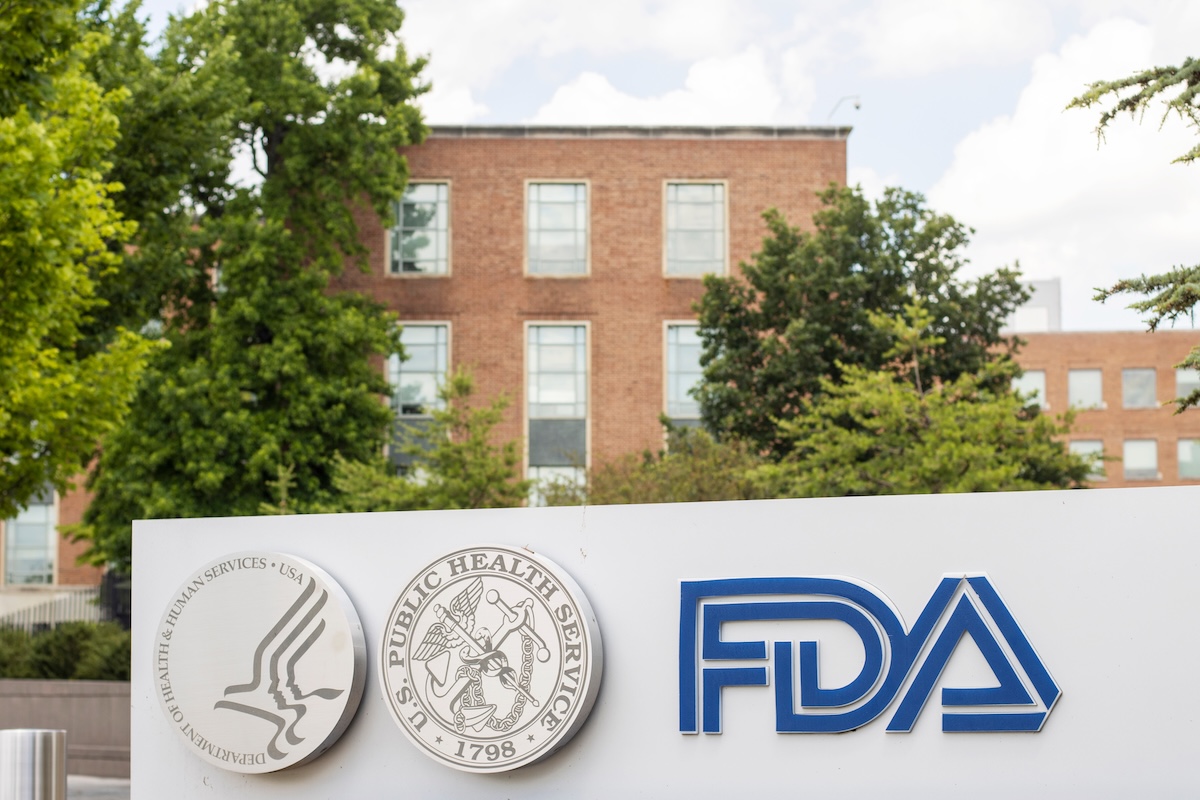
The U.S. Food and Drug Administration announced last week that it will reduce, refine, or potentially replace its long-standing animal testing requirement in the development of drugs and therapies.
The move marks a significant policy shift.
Since 1938, U.S. law has required animal testing as part of the drug approval process. Now, the FDA says it’s exploring alternatives, including AI-based models, lab-grown cell lines, and organoid toxicity testing.
“For too long, drug manufacturers have performed additional animal testing of drugs that have data in broad human use internationally,” FDA Commissioner Martin A. Makary said in a statement.
“This initiative marks a paradigm shift in drug evaluation and holds promise to accelerate cures and meaningful treatments for Americans while reducing animal use.”
Makary added that newer methods — including real-world human data and advanced simulations — could help deliver safer treatments faster and more cost-effectively.
Animal rights advocates and investors applaud the decision
Applauded by animal rights advocates, the shift also sent a bullish signal to investors betting on biotech stocks.
On Monday, Schrödinger (SDGR), a scientific software and biotech company, said it “strongly supports” the FDA’s plan to move away from animal testing in favor of modern approaches like AI-based computational modeling.
“The role of computational methods is changing rapidly in the pharmaceutical industry, and it is exciting to see these methods recognized as a powerful solution for optimizing drug candidates for both efficacy and safety,” said Schrödinger CEO Dr. Ramy Farid.
“We have been pioneering computational molecular discovery for nearly 35 years and continue to develop new solutions that integrate physics with AI/machine learning to accelerate drug discovery, reduce development risk, and lower costs.”
Investors took notice. Shares of SDGR rose 8.4% on Monday and are up 45.7% since the FDA’s announcement. The stock has climbed 37.6% year-to-date.
ARK Invest analysts Brett Winton and Nemo Marjanovic called the FDA’s initiative “a transformative opportunity” for biotech companies already harnessing AI in drug development.
In the firm’s ARK Disrupt newsletter, they noted that many firms are already applying AI in early pre-clinical stages.
“While AI-centric drug developers like AbSci, AbCellera, and Recursion Pharmaceuticals stand to benefit most immediately, the policy’s implications extend into the multiomics tools and programmatic biological space as well,” they wrote.
On Monday, AbSci gained 2.3% and AbCellera rose 1.7%, while Recursion Pharmaceuticals slipped 4.3%.
Biotech companies offering sequencing, single-cell molecular analysis, spatial transcriptomics, and other advanced multiomics tools could also benefit, Winton and Marjanovic added.
Your email address will not be published. Required fields are markedmarked